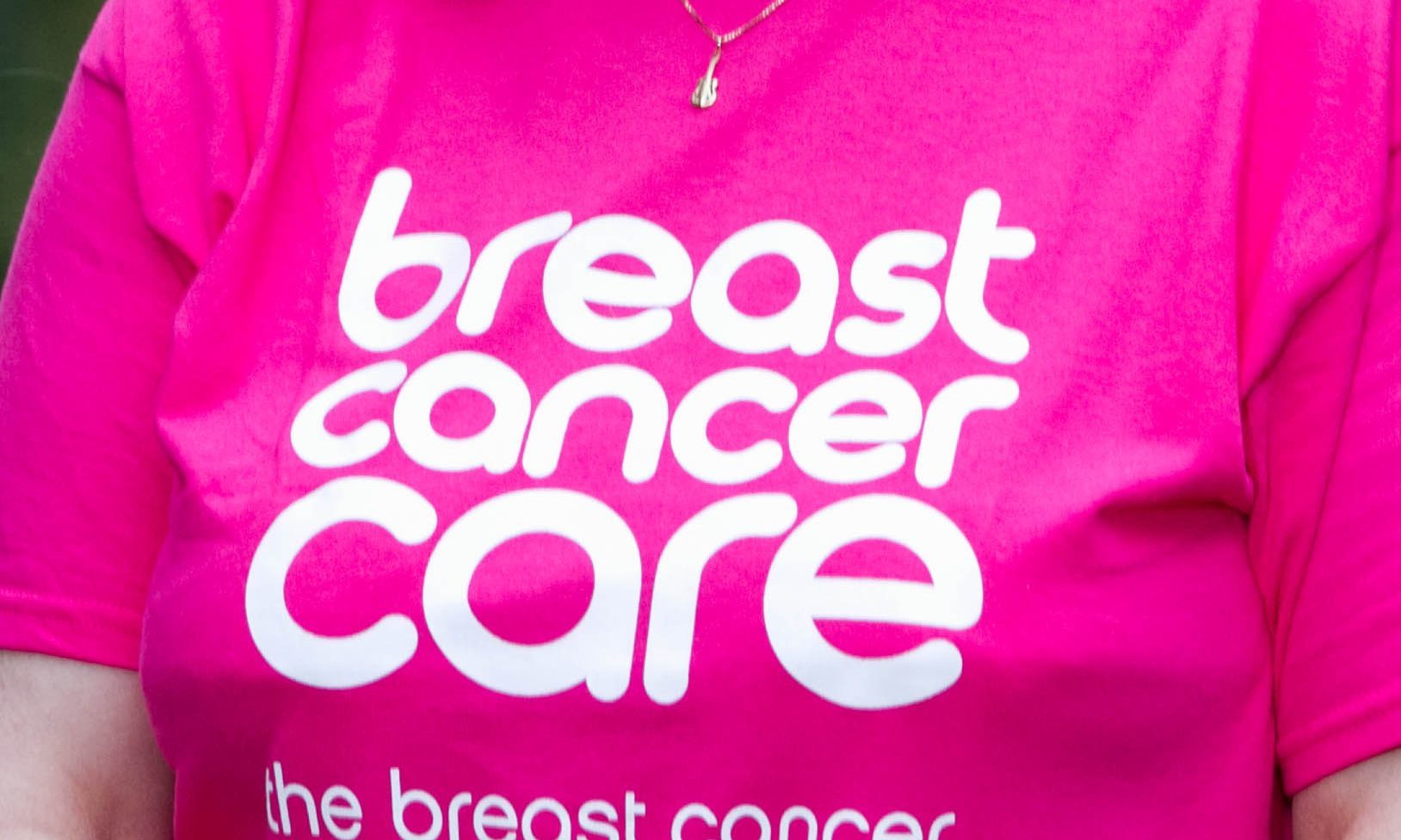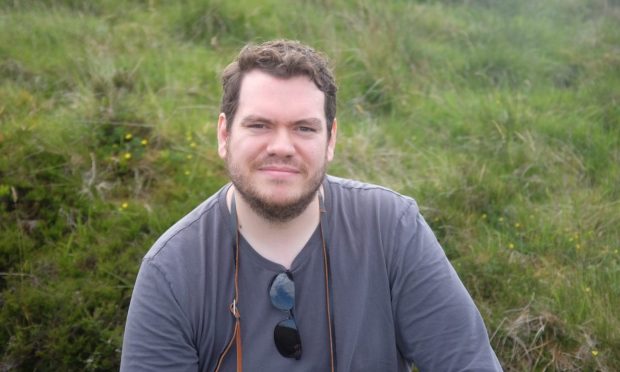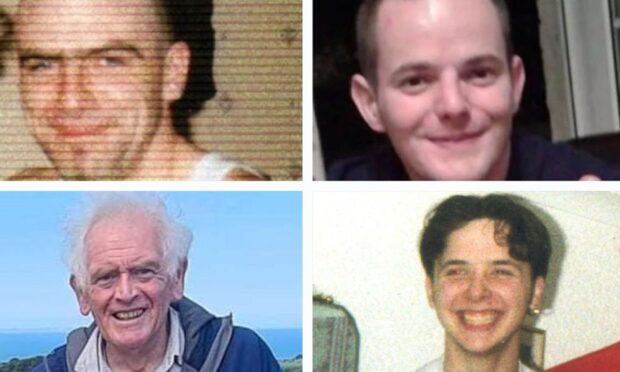Breast cancer sufferers in Scotland have been denied routine access to an “innovative treatment” that is available to patients south of the border.
Campaigners branded the move the “ultimate postcode lottery” after the Scottish Medicines Consortium (SMC) recommended the drug Perjeta – also known as pertusumab – not be accepted for routine use by the NHS.
While it can help reduce the need for breast cancer patients to undergo a mastectomy, the SMC had concerns about the long-term survival benefits of the medicine.
However, the drug is already available on the NHS in the rest of the UK, with the charity Breast Cancer Care describing the SMC’s decision as “outrageous”.
The SMC now plans to meet drugs company Roche, which makes Perjeta, to discuss the next steps.
Roche’s UK general manager Richard Erwin said: “Over 3,400 women in England have accessed Perjeta and Kadcyla (trastuzumab emtansine) for the treatment of HER2-positive metastatic breast cancer via the Cancer Drugs Fund yet those in Scotland have missed out as the SMC has previously rejected both these medicines for patients whose cancer has spread to other parts of the body.
“Today’s decision is a devastating blow to women in Scotland with this very aggressive form of breast cancer.
“This means that these women will be denied this early-stage treatment which allows for reduction of large tumours to a size that is operable, potentially enabling breast conservation surgery instead of mastectomies.”
Mr Erwin said the cost effectiveness of Perjeta had “already been established” by the National Institute for Health and Care Excellence (Nice), which approved the drug for patients in England last month.
The pharmaceutical firm offered the same discount as it had then “yet the medicine was rejected by the SMC”, he added.
Nicolas White, head of Breast Cancer Care in Scotland, said: “It is bitterly disappointing that women in Scotland with certain aggressive types of breast cancer will be denied the very drug that could help improve their long-term survival.
“It is outrageous that living in Scotland is preventing women with breast cancer getting the treatment they need.
“It adds further insult to injury that patients in England, Wales and Northern Ireland receive access to this innovative treatment.
“This is the ultimate postcode lottery and more must be done to tackle this imbalance in the UK.”
Tory public health spokesman Miles Briggs said the decision would be a “huge blow to breast cancer patients and their loved ones across Scotland”.
He added: “They will understandably be perplexed and angry as to why people going through the same illness elsewhere in the UK can access this drug, but they cannot.”
SMC chair Professor Jonathan Fox said he knew some decisions would be “hard for patient groups and clinicians”.
Perjeta was one of four drugs that it rejected for routine use on the NHS, although it did back a new treatment Jevtana – also known as cabazitaxel – for patients with advance prostate cancer.
He conceded it was “disappointing that the committee was unable to accept the other medicines” it had considered at its November meeting.
Prof Fox said: “We know these decisions will be hard for patient groups and clinicians, particularly those who took part in the PACE meetings.
“However, when we considered all the evidence in front of us, it was not strong enough for us to be able to accept these medicines for routine use.”










